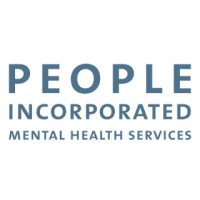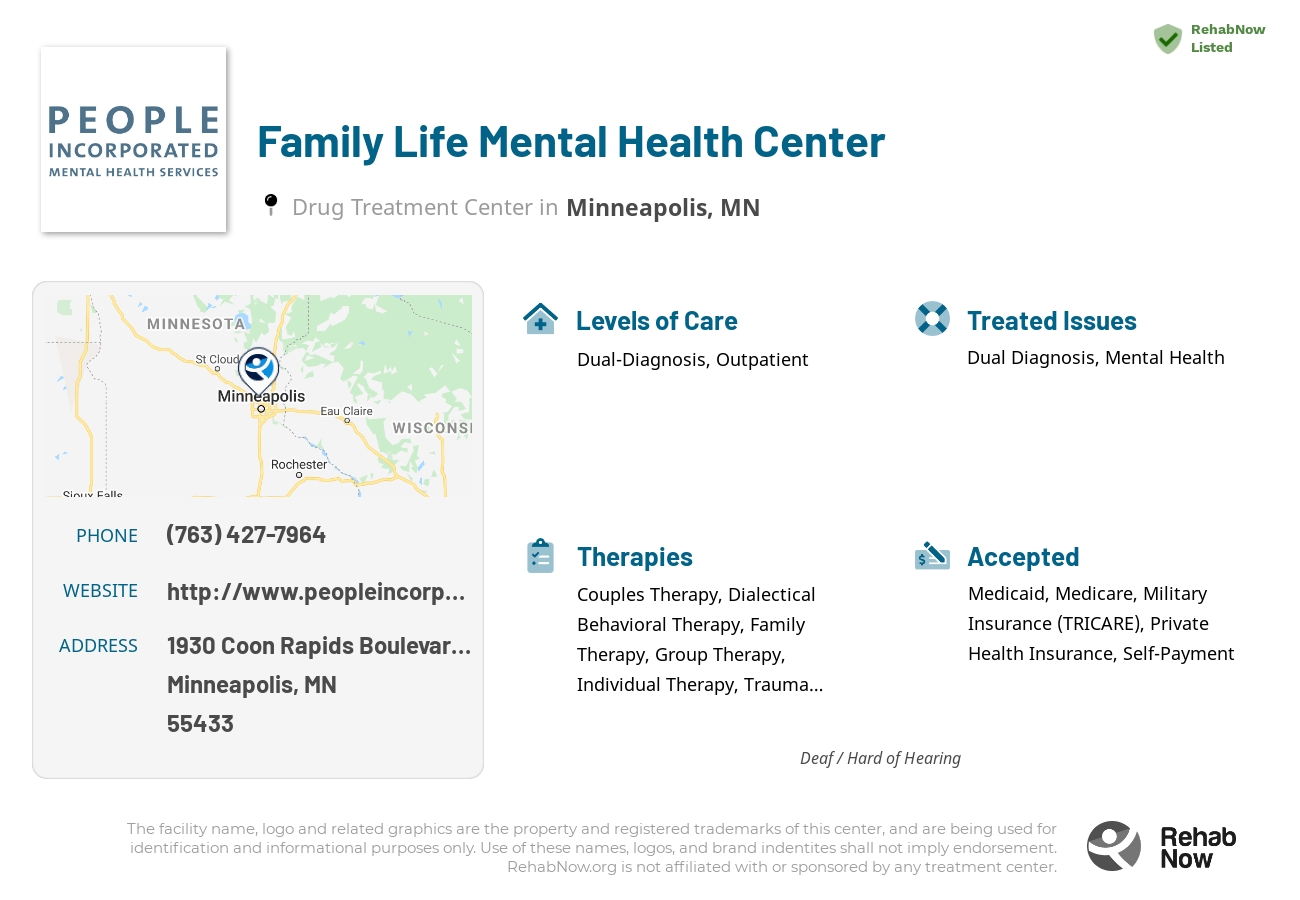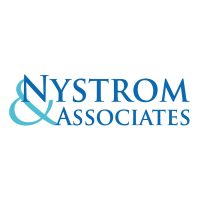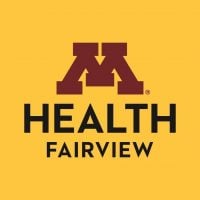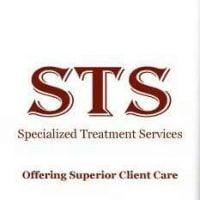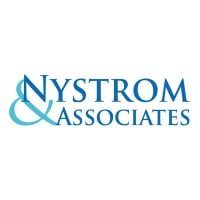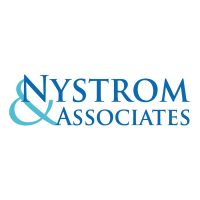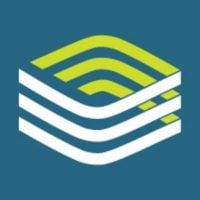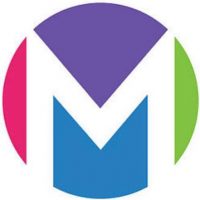Family Life Mental Health Center
Drug Rehab Center in Minneapolis, Minnesota
Family Life Mental Health Center offers evidence-based, customized addiction treatment programs with a holistic approach, including individual and family counseling, group therapy, life-skills training, and relapse prevention, tailored to the individual needs of each client.
About Family Life Mental Health Center in Minnesota
Family Life Mental Health Center in Minneapolis, Minnesota, is a beacon for individuals grappling with dual diagnosis and mental health issues. This private rehab stands out due to its specialized focus on treating those dealing with both substance abuse and mental health conditions, providing a comprehensive approach to recovery.
Accredited by SAMHSA and licensed by the State of Minnesota, Family Life Mental Health Center emphasizes the importance of personalized treatment. Their holistic therapy methods and individualized treatment plans ensure that every individual's unique needs are addressed.
- Specializes in dual diagnosis, offering targeted treatment for individuals facing both addiction and mental health challenges.
- Provides a full spectrum of care, from inpatient to outpatient services, adapting to the different stages of recovery.
- Utilizes a variety of evidence-based therapies, including cognitive-behavioral therapy and motivational interviewing, to support holistic healing.
Patients at Family Life Mental Health Center can find help for a diverse array of addictions, including alcoholism, drug addiction, and substance abuse. Through a combination of individual and group therapy sessions, family programs, and medication management, the center delivers a multi-faceted approach to recovery, respecting the complexity of each patient's journey.
Genders
Ages
Modality
Additional
Accreditations
State License
SAMHSA
Conditions and Issues Treated
A “dual diagnosis” is when the individual has two medical issues at the same time. The top co-occurring mental disorders with addiction are depression, anxiety, ADHD, bi-polar disorder. Addiction is also considered a mental illness that is not a choice but rather a medical condition. Addiction can be caused by any number of underlying issues.
Dual diagnosis is provided by Family Life Mental Health Center to treat addictive tendencies as well as any untreated mental illnesses. This ensures successful long term health and recovery for patients after treatment has been completed.
Dual diagnosis is provided by Family Life Mental Health Center to treat addictive tendencies as well as any untreated mental illnesses for people in Minnesota. This ensures successful long term health and recovery for patients after treatment has been completed.Levels of Care Offered
This center offers a variety of custom treatment tailored to individual recovery. Currently available are Dual-Diagnosis, Outpatient, with additional therapies available as listed below.
Outpatient programs at Family Life Mental Health Center, the Minneapolis resident can live with their family while continuing with their job or studies. Treatment includes educating the patient on drug abuse, medications, and counseling sessions at the individual or group level. Outpatient treatment plans cover diagnosis, detoxification, management, and counseling. They are a popular option for those who have graduated from inpatient facilities.
Therapies & Programs
Individual therapy is a form of counseling where you meet with a trained professional one-on-one. Meeting with a therapist in this setting allows for a personal and trusting relationship to be built. This allows the patient to open up about sensitive or private issues they may not feel comfortable discussing in a group. Individual therapy helps identify the root causes of your addiction, which can help prevent relapse.
Couples therapy for drug addiction is a unique form of therapy that allows family members to work through the emotional issues of their loved one’s addiction together. Family members can support each other while learning how to cope with the addiction and encourage healthy changes. The two will work with a therapist to learn how the addiction affects themselves and the relationship.
Family therapy is often done alongside drug treatment to help addicts stay sober. The goal of family therapy for drug addiction is to create an environment where communication can happen without judgment, hostility, or blame. The therapist will sit with the family so they can learn how to communicate differently and provide new tools for dealing with emotions so that people don’t want to drink or do drugs. It’s important for families to focus on relapse prevention plans during treatment so that if the addict feels like they want to use again, they’ll know what steps they need to take together to prevent it from happening again in the future.
Group therapy sessions are another common addiction recovery service. These group sessions typically involve six to 12 addicts who meet regularly with a trained professional for support and guidance.
During these sessions, the group shares their experiences with one another and provides feedback that can help each member avoid relapse or overcome specific obstacles they are facing in their recovery process. With this type of support and guidance, addicts can feel like they are part of a community that understands their struggles and will help them get through the hard times.
Many people struggling with drug addiction have experienced some form of trauma in their lives. It is crucial that these individuals seek out professional help; otherwise, their drug abuse and addiction will likely continue.
Therapists and counselors at drug treatment centers employ several treatment programs to help people struggling with drug addiction, including trauma therapy. Trauma therapy helps people dealing with addiction by allowing them to confront the traumas of their past and move past them.
It is important to note that trauma therapy should not be confused with PTSD (post-traumatic stress disorder). Rather, it is used to treat the effects of trauma, which are often at the root of addiction.
Dialectical Behavior Therapy was developed in the 1980s to treat chronically suicidal individuals. It is a cognitive-behavioral therapy that combines standard DBT with strategies derived from Zen Buddhism, such as mindfulness training.
DBT has been adapted for use with other types of psychiatric problems, including eating disorders, substance abuse disorders, borderline personality disorder, posttraumatic stress disorder (PTSD), and other personality disorders. Dialectical Behavior Therapy is considered a psychosocial treatment of BPD. This means that while it can be used alone or in conjunction with drug treatments, DBT does not rely on medications to treat the disorder. Instead, DBT aims to help patients change their thinking and behavior.
Cognitive Behavioral Therapy (CBT) focuses on the underlying thoughts and behaviors that caused the problem of addiction in the first place and may cause a relapse. Negative feelings are common in drug abuse disorders, but they can lead to co-occurring disorders if not recognized. CBT involves strategies that help to change the behavior pattern by restructuring negative thoughts into positive ones. It helps to remove these feelings, and it provides long-term benefits. Also, CBT promotes self-awareness and self-control. It can be administered as a monotherapy or as part of combination therapy.
CBT can improve the patient’s mood, reduce drug cravings and boost success rates on treatment plans. Regular practice can help individuals handle negative attitudes, thoughts, and feelings without turning to drugs or alcohol. The core belief of Cognitive Behavioral Therapy (CBT) is that one’s moods, behaviors, and actions are all connected. Individuals can improve their quality of life using CBT. It helps addicts understand the patterns of thought and feelings that cause them to use drugs or alcohol and develop a healthy response.
Payment Options Accepted
For specific insurance or payment methods please contact us.
Is your insurance accepted?
Ask an expert, call (888) 674-0062
Additional Details
Specifics, location, and helpful extra information.
Minneapolis, Minnesota 55433 Phone Number(763) 427-7964 Meta DetailsUpdated April 15, 2024
Staff Verified
Family Life Mental Health Center Patient Reviews
There are no reviews yet. Be the first one to write one.
Minneapolis, Minnesota Addiction Information
Minnesota is fighting an opioid epidemic that is leaving hundreds of its residents dead each year. Both prescription opioids and illicit opioids are widely abused in the Land of 10,000 Lakes. Heroin continues to be one of the most commonly abused drugs in the state, if not the most common illicit drug. Over 10% of all treatment admissions in Minnesota list heroin as their drug of choice.
The drug addiction problem in Minneapolis, Minnesota, is relatively bad. About 8.5% of people in Minneapolis abuse drugs. Additionally, there were 536 drug overdose deaths in 2016, a 20% increase from the previous year. There were 5,191 treatment admissions for primary alcohol dependence in 2016. Some of the most common programs include inpatient rehab, outpatient rehab, and sober living homes.
Treatment in Nearby Cities
- Long Prairie, MN (93.8 mi.)
- North Branch, MN (28.9 mi.)
- Sandstone, MN (70.6 mi.)
- Rochester, MN (89.5 mi.)
- Virginia, MN (167.7 mi.)
Centers near Family Life Mental Health Center
The facility name, logo and brand are the property and registered trademarks of Family Life Mental Health Center, and are being used for identification and informational purposes only. Use of these names, logos and brands shall not imply endorsement. RehabNow.org is not affiliated with or sponsored by Family Life Mental Health Center.
